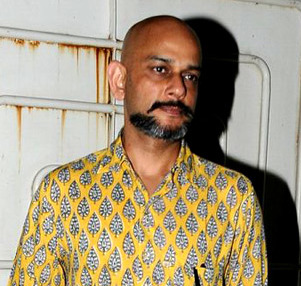A Quote by Justin Cronin
If you write a good action sequence well in a novel, you're already writing it for film, because the only way to do it well is to use some of the same tricks. They're rhetorical, not visual, but it's the same move.
Related Quotes
The field of the novel is very rich. If you're a composer, you're well aware of the history of composition, and you are trying to make your music part of that history. You're not ahistorical. In the same way, I think, if you write now, you are writing in the historical context of what the novel has been and what possibilities it has revealed.
I try to express in my films things that no other art can approach. In my monster films for example, I use special effects in the same way one would use a special film stock, a special camera, and so on. Monster films permit me to use all of these elements at the same time. They are the most visual kind of film.
As a man - no longer a teenager that can play those really young roles, but as a man - I think I've only just got good in the last three or four years. I only watch my old films because, as someone who wasn't trained, that's how I look at my mistakes; I see something and I go, "Well, that's not good," and I learn from my mistakes. Same with the writing and same with the directing.
I arrived at my way of "working" as a way of visually approximating what I feel the tone of fiction to be in prose versus the tone one might use to write biography; I would never do a biographical story using the deliberately synthetic way of cartooning I use to write fiction. I try to use the rules of typography to govern the way that I "draw," which keeps me at a sensible distance from the story as well as being a visual analog to the way we remember and conceptualize the world.
It is saying less than the truth to affirm that an excellent book (and the remark holds almost equally good of a Raphael as of a Milton) is like a well-chosen and well-tended fruit tree. Its fruits are not of one season only. With the due and natural intervals, we may recur to it year after year, and it will supply the same nourishment and the same gratification, if only we ourselves return to it with the same healthful appetite.
Plays are literature: the word, the idea. Film is much more like the form in which we dream - in action and images (Television is furniture). I think a great play can only be a play. It fits the stage better than it fits the screen. Some stories insist on being film, can't be contained on stage. In the end, all writing serves to answer the same question: Why are we alive? And the form the question takes - play, film, novel - is dictated, I suppose, by whether its story is driven by character or place.
The average detective story is probably no worse than the average novel, but you never see the average novel. It doesn't get published. The average -- or only slightly above average -- detective story does.... Whereas the good novel is not at all the same kind of book as the bad novel. It is about entirely different things. But the good detective story and the bad detective story are about exactly the same things, and they are about them in very much the same way.


































